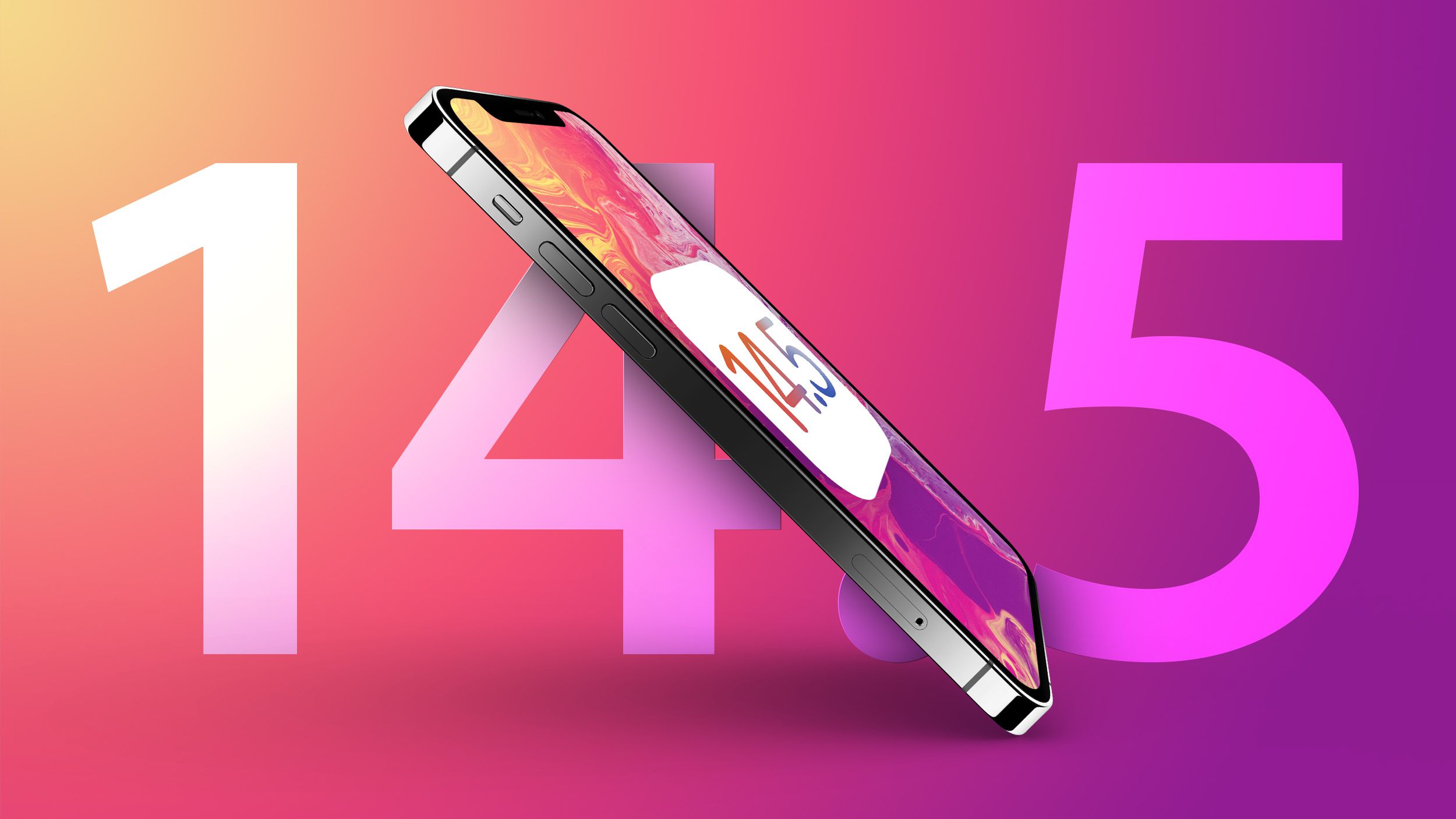A couple of days before the official iOS 14 release in September, Apple announced that they will be postponing the IDFA change to early 2021. Recently, Apple announced that the change is coming in the upcoming iOS 14.5 update, which is expected to ship in March.
What is Changing?
The IDFA is a device-level identifier assigned to each user, which any mobile app and SDK can use to “identify” the user within a specific app and across apps. Previously, the use of an app implied permission for the IDFA to be shared. This change essentially makes targeting and tracking using the IDFA an opt-in feature.
What Does This Mean for Publishers?
This change presents new challenges for publishers and for their monetization partners since things like attribution and tracking will be limited when the IDFA is unavailable. iOS app publishers will now need to justify why users should opt into sharing data with monetization partners, much like they do now when it comes to sharing location data.
In this article, we will explain Taboola’s approach to this new reality and what we recommend to app publishers once this change takes effect.
Taboola’s iOS SDK 2.8.0
Since iOS 14.5 includes a new protocol for sharing the IDFA according to the user’s choice, we have made sure that the Taboola iOS SDK can use it accordingly. That’s why, in September 2020, we released iOS SDK 2.8.0. If you haven’t already, we strongly encourage all of our iOS publishers to upgrade to the latest SDK version as soon as possible.
The compatible SDK version will use a secondary identifier to preserve our ability to personalize ads across sessions based on user behavior within the context of the app that is using the Taboola iOS SDK.
Additional Investments
To support our Publisher partners, Taboola is also preparing and investing in the following areas:
- Algorithm innovation – Our algorithm already considers dozens of signals–contextual, in-domain tracking, etc.–and it will continue to evolve over time to maintain and improve performance.
- Contextual signals – Taboola is continuing to develop and invest heavily in our contextual algorithm. As a reminder, contextual signals have been a core component of the Taboola algorithm for more than 10 years, so this isn’t new territory for us. But, we are continuing to build on this strong foundation.






